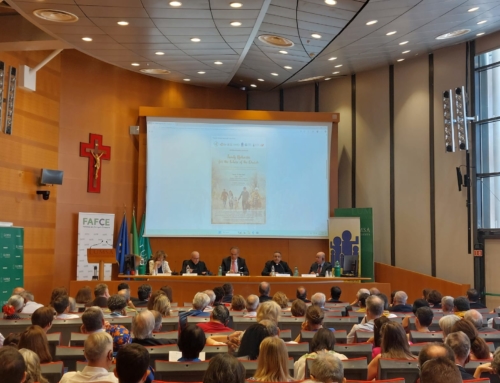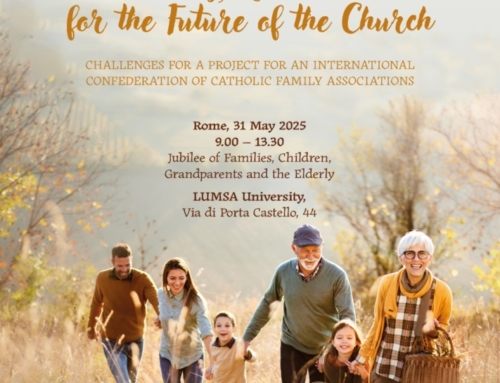Brussels, 28 June 2022
Last Tuesday, FAFCE participated to a Webinar by the Conference of INGOs of the Council of Europe on “Determining and Evaluating the Best Interests and Rights of Children in Parental Separation and Care Proceedings: exploring perspectives and best practices across Europe”.
This Webinar saw exchanges among European experts on the elements to consider in parental separation and care proceedings when it comes to ensure the best interest of the child. It tackled various topics, such as child participation, support in case of violence and abuse, institutional care, access to education, and support to parents and family reunification.
Six workshops were organised to tackle these subjects. FAFCE Policy Manager, Bénédicte Colin, moderated the panel on Families, addressing the following question: “What kind of support for parents who are separating or whose child is in care?”
Prof. Galina Markova, Director of the Know How Centre for Alternative Care for Children, New Bulgarian University, shared her field and academic experience in the institutionalisation of children. When working in a program to tackle the institutionalisation pattern of children in Bulgaria, she insisted on the need to both train Child Protection staff on the harms of institutionalisation of children, and to answer the barriers of marginalised parents who place their children in institutional care. The program addressed the voluntary placement of children by their parents by hiring mothers, often coming from Roma communities, for session where they were asked about their experience of the separation with their child. It was key to empower parents in being active actors in care proceedings, with successful results. It participated to help families, in cooperation with Child Protection services, to find alternative solutions to institutional care, even in difficult contexts of parent separation and poverty.
Participants and speakers exchanged on concrete solutions to ensure the best interests of children, agreeing on the need to facilitate the reunification of families and for children to remain in their families.









